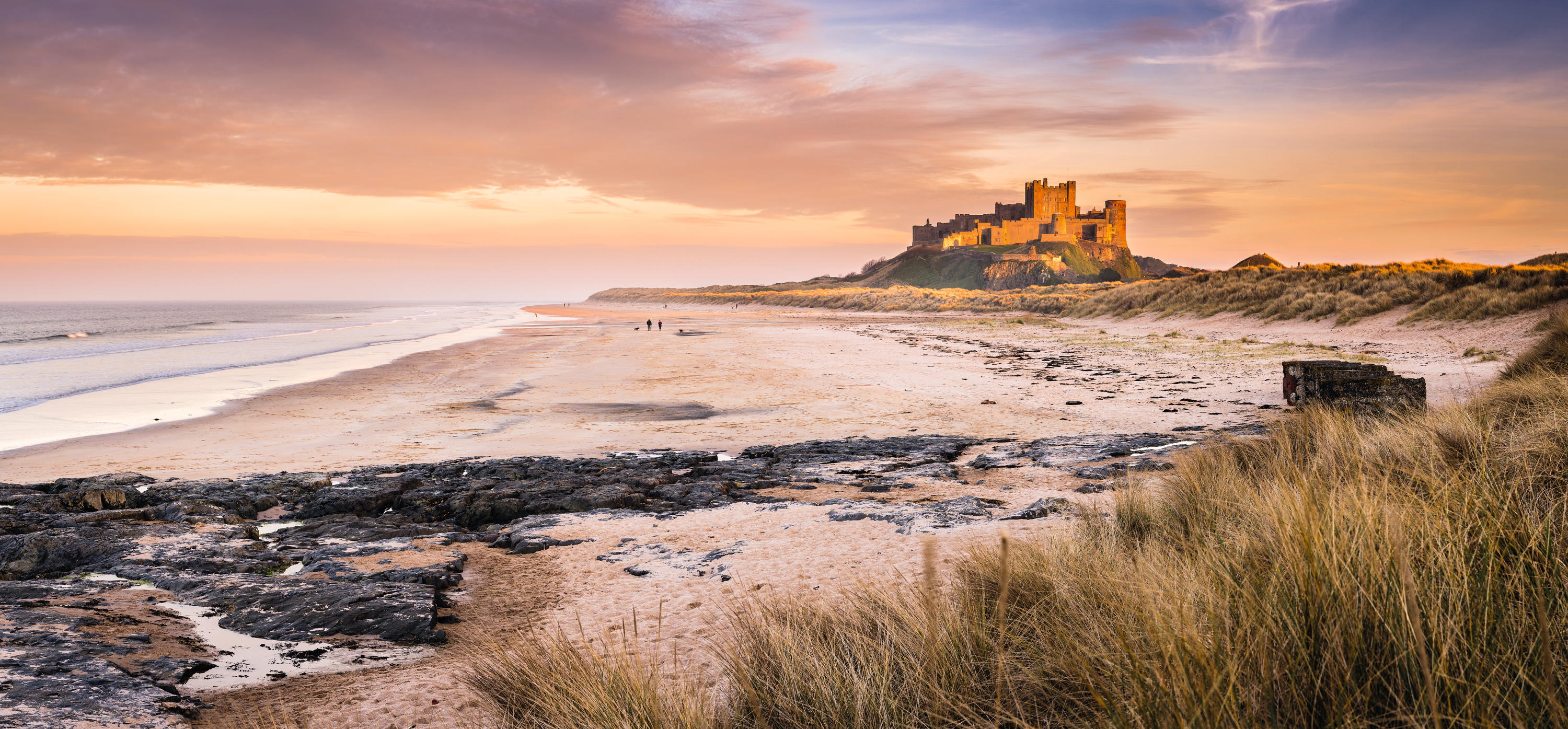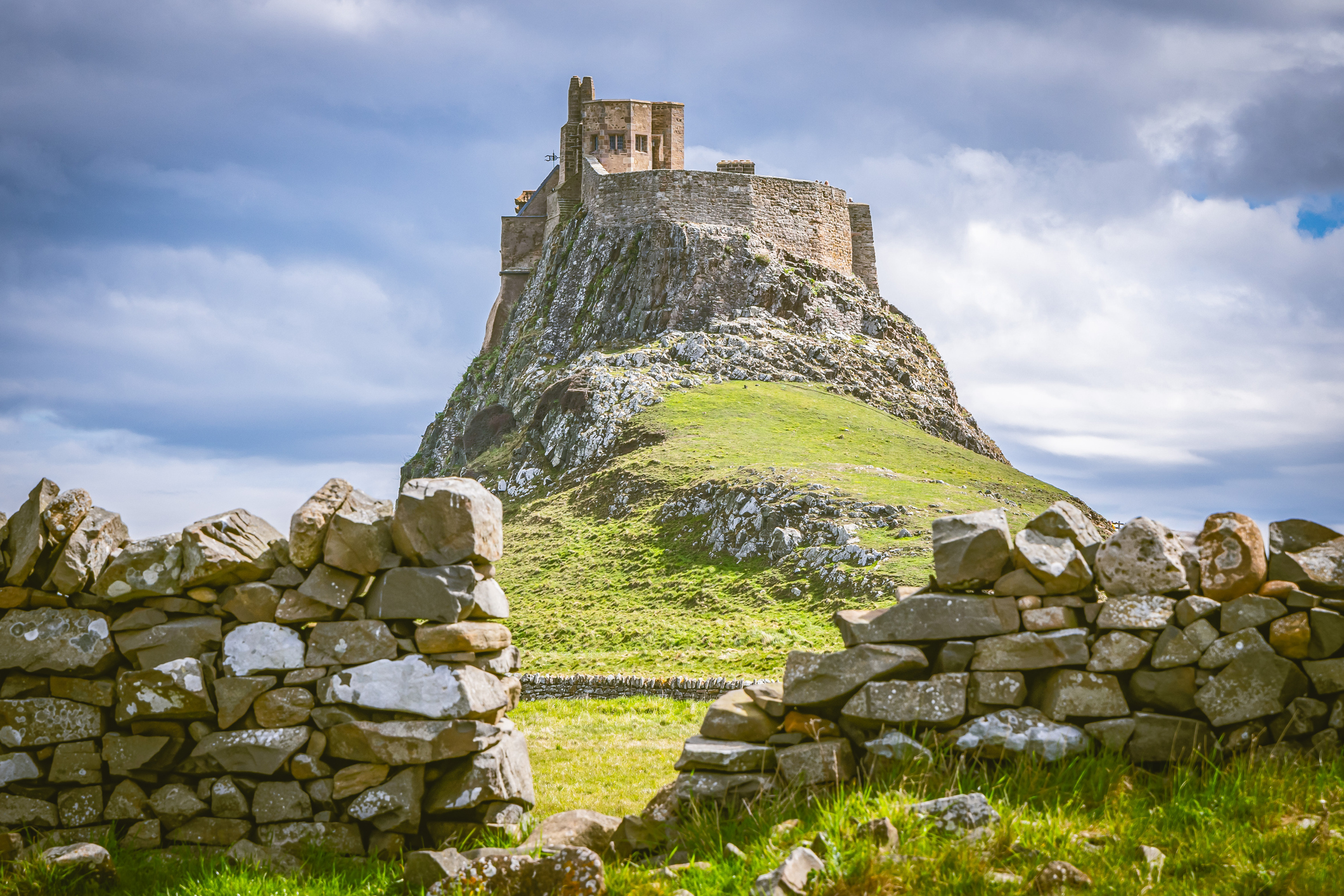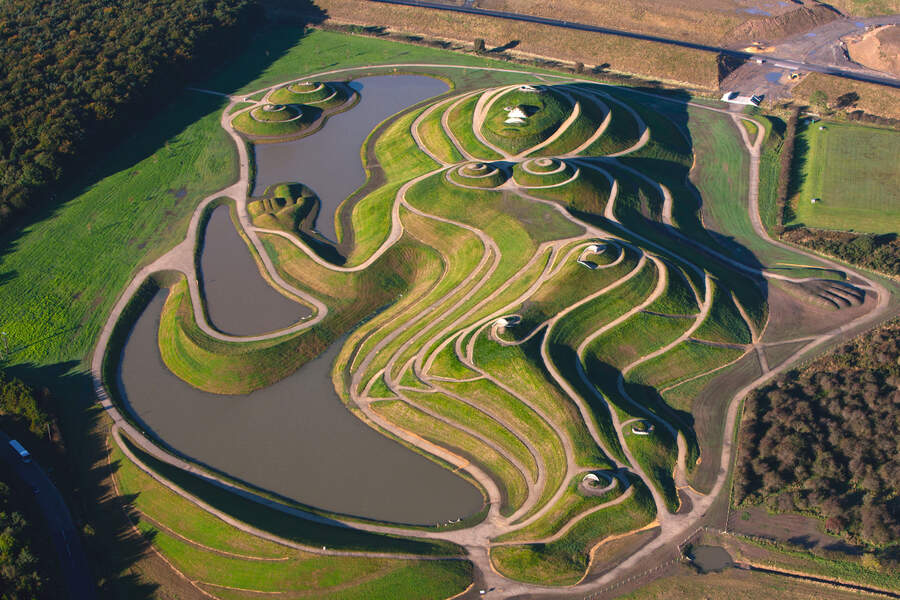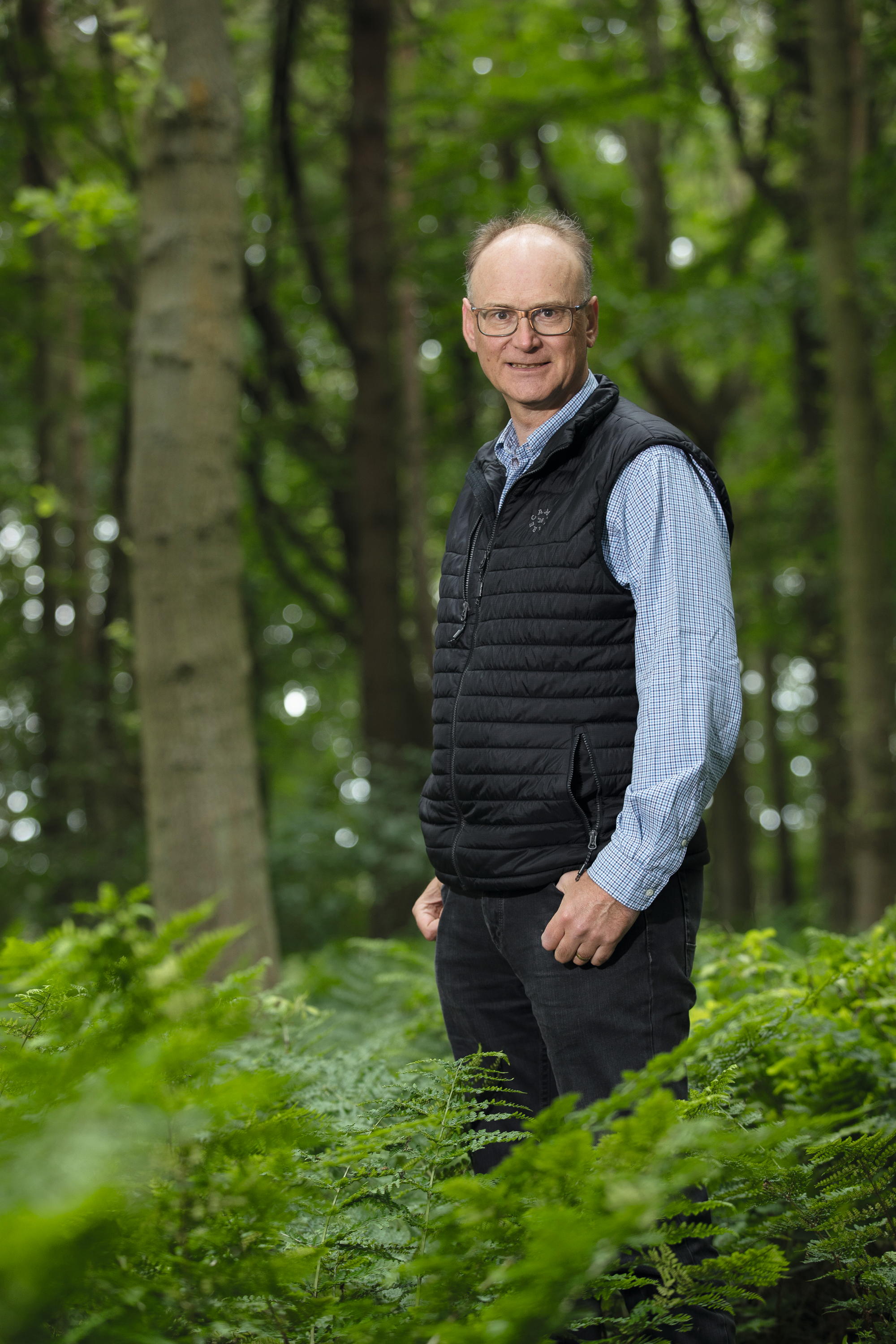The pristine and unspoilt English county that 'has all the ingredients of perfection'
Many people simply pass straight through Northumberland heading for Scotland. Big mistake, says Matt Ridley.


Most tourists speed through Northumberland heading for Scotland — big mistake, but long may they do so. Northumberland has all the ingredients of perfection: long views and big skies; spectacular sandy beaches, bird-thronged islands and salmon-stuffed rivers; wild mountains and moors; Arcadian gardens, parks and forests; castles galore, Roman remains, medieval battlefields and Christian shrines; a rich industrial heritage; picturesque market towns and a great city (Newcastle, now excised from its boundaries, alas). Other counties may have better examples of each, but none has them all.
Stand on the island of Inner Farne, surrounded by thousands of puffins and Arctic terns, and look west: the skyline is dominated by the 400-million-year-old extinct stratovolcano of The Cheviot, on the summit of which breed golden plover and dunlin. The border ballads tell of reiver feuds and battles in these hills that simmered down a few short centuries ago. In the foreground, on an outcrop of the Whin Sill, an igneous intrusion of 300 million years ago, stands Bamburgh Castle, capital of a Dark-Age kingdom that kept literacy alive for Europe. It was remodelled by a 19th-century battleship engineer, Lord Armstrong.
To the north, with its little Lutyens castle on another whinstone outcrop, is the tidal isle of Holy Island (Lindisfarne), where St Aidan and St Cuthbert converted pagans before the first Viking raid pillaged their abbey.

Country Life’s founder, Edward Hudson, and his architect, Edwin Lutyens, converted Lindsfarne's castle into a romantic, if uncomfortable, country house.
On a clear day, to the south, on yet another whinstone outcrop, you can see the gaunt remains of John of Gaunt’s great castle of Dunstanburgh, a reminder of how the Wars of the Roses up here were a family feud between Percys and Nevilles.
Travel south-west, inland, through the open, rolling, tree-spotted country where Capability Brown was born at Kirkharle (see where he got his inspiration), and you find the Whin Sill again, parallel with the river South Tyne. The crags are topped with a ribbon of stone, built on the Trumpian orders of the Emperor Hadrian, in a largely futile attempt to keep the Picts at bay.
Northumberland’s wildness has long been enhanced by manmade additions. The Whin Sill would be dull without the Roman wall, Bamburgh beach is all the better for its castle backdrop. This enhancement continues today. The Woodhorn museum of mining tells of a time when the Tyne supplied almost half the world with its energy.

The hand of man has left a welcome mark on the wilds of England’s northernmost county, as at Northumberlandia, which Matt Ridley helped to bring into being.
The landform sculpture of Northumberlandia, the Lady of the North (which I helped commission), marks the end of coal. Vindolanda museum has more Roman shoes than the rest of the empire put together. The new Ad Gefrin distillery and visitor centre in Wooler tells the story of 7th-century King Edwin and his conversion by Paulinus.
Exquisite houses, the beauty of Nature, and how to get the most from your life, straight to your inbox.

Local lowlight
Central government’s vandalism: the view from Inner Farne is scarred by costly, futile and bird-killing wind turbines. Inland, the once fine valley of the North Tyne is now Europe’s largest manmade forest: Kielder, a dark sea of unprofitable, nationalised, alien sitka spruce where the cry of the curlew is no longer heard.
Favourite view
From the Farnes off the coast to a line of Inner Farne, Bamburgh Castle and The Cheviot.
Matt Ridley, 5th Viscount Ridley, is a businessman, science writer and the author of ‘Birds, Sex & Beauty’ (Fourth Estate)
Matt Ridley, 5th Viscount Ridley, is a businessman, science writer and the author of ‘Birds, Sex & Beauty’ (Fourth Estate).
